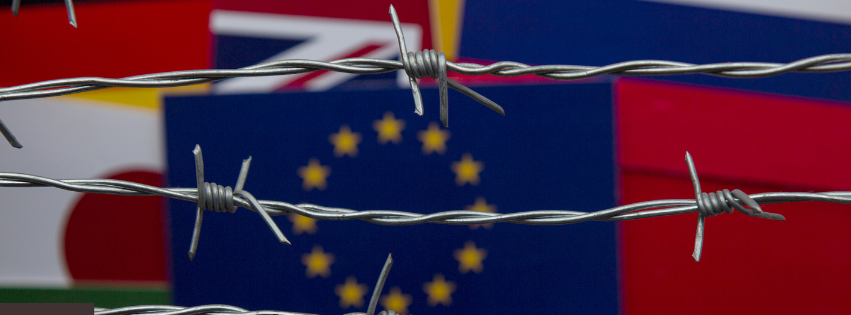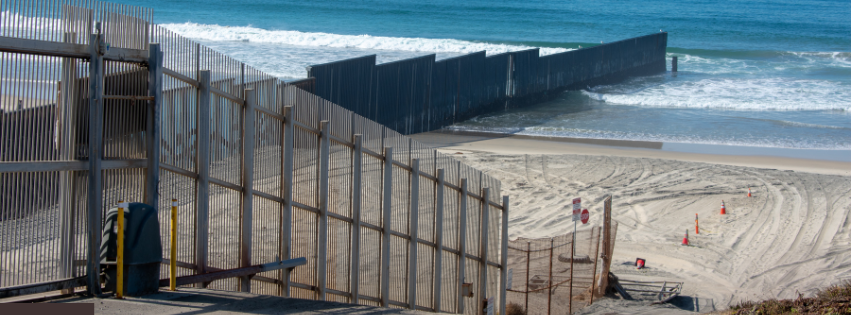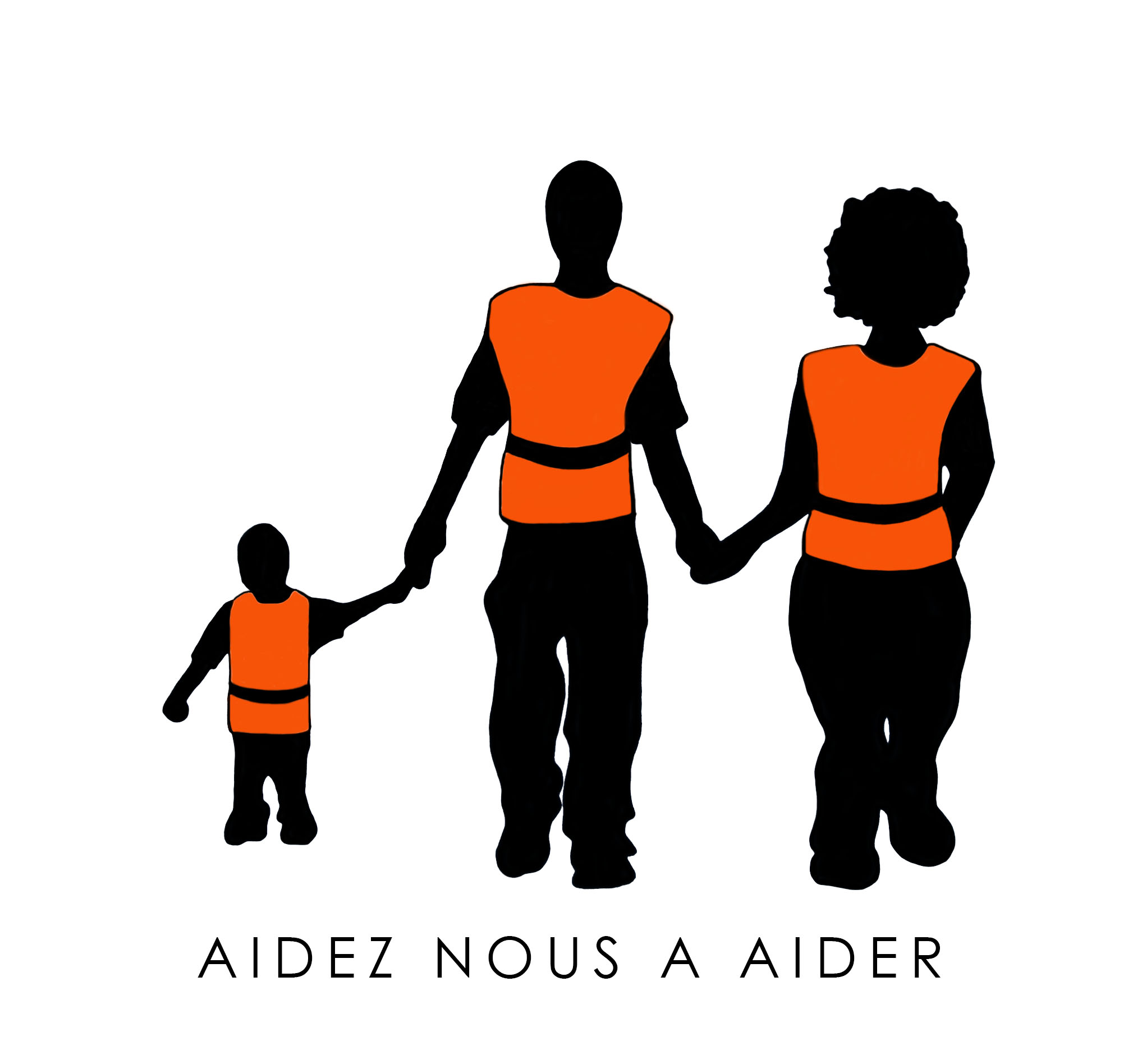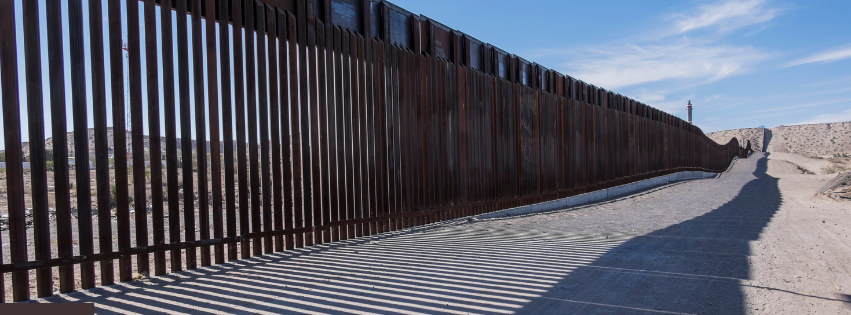Who is Frontex EU? As migration pressures continue to escalate, Europe has turned to agencies such as Frontex to bolster its border control efforts. Established as the European Border and Coast Guard Agency, Frontex holds a central position in the management of the EU’s external borders. While its mandate ostensibly focuses on ensuring the security and integrity of Europe’s borders, the agency’s operations have become embroiled in controversy and allegations of human rights violations. These concerns have cast a shadow over Frontex’s activities, prompting calls for greater transparency and accountability in its operations.
Frontex’s technological arsenal encompasses a diverse range of state-of-the-art tools tailored to enhance border surveillance, detection, and response capabilities across various terrains and environments. Unmanned aerial vehicles (UAVs), or drones, equipped with sophisticated cameras, thermal imaging systems, and radar sensors, are deployed for aerial reconnaissance and monitoring, providing real-time intelligence on migrant movements, smuggling activities, and potential security threats. Satellite imagery, obtained from high-resolution Earth observation satellites, offers comprehensive coverage of vast border regions, enabling authorities to identify and track migration routes, unauthorized border crossings, and irregular activities in remote or inaccessible areas. In addition to aerial assets, Frontex leverages ground-based surveillance systems, including ground sensors, cameras, and radars, strategically positioned along borders to detect and deter unauthorized entries. Biometric identification technologies, such as fingerprint scanners and facial recognition systems, are employed at border checkpoints and migrant processing centers to verify the identities of individuals, facilitate border control procedures, and prevent document fraud. While Frontex’s use of advanced technology enhances border security and operational efficiency, it also raises ethical and human rights concerns regarding privacy, data protection, and potential misuse of surveillance capabilities. Balancing security imperatives with respect for fundamental rights remains a critical challenge for Frontex as it navigates the complexities of migration management in the digital age.

Also Read: What is the difference between a migrant, refugee, and asylum seeker?
Pushback operations, often conducted in collaboration with national border authorities, involve intercepting migrant boats at sea or apprehending individuals attempting to cross land borders and promptly returning them to their countries of origin or transit. While Frontex asserts that such measures are necessary to maintain border security and deter irregular migration, critics argue that pushbacks violate international refugee law, specifically the principle of non-refoulement, which prohibits states from returning individuals to places where they face persecution, torture, or other serious harm. Moreover, pushback operations have been associated with reports of violence, abuse, and neglect, with migrants alleging mistreatment by border guards and coast guard personnel during interception and forced return procedures. Human rights organizations and advocacy groups have condemned Frontex’s involvement in pushbacks, calling for greater accountability, transparency, and adherence to international legal standards in migration management operations. The controversy surrounding pushbacks underscores the complex ethical and legal dilemmas inherent in border control policies, highlighting the need for comprehensive and rights-based approaches to migration governance.
Frontex-coordinated operations have faced mounting scrutiny due to reports and investigations revealing a pattern of human rights violations against migrants. Instances of excessive force and violence during interceptions at sea have been documented, raising concerns about the treatment of vulnerable individuals seeking safety. Moreover, allegations of complicity in illegal pushbacks along Europe’s borders have cast a shadow over Frontex’s role in migration management. These actions not only disregard international legal standards but also erode the principles of human rights and refugee protection. Such violations highlight the urgent need for accountability, transparency, and adherence to ethical standards in border control operations.

Also Read: What are the mental health challenges faced by migrants?
Frontex’s lack of transparency and accountability exacerbates concerns surrounding human rights violations. The agency has faced criticism for its opaque operations and reluctance to disclose information about its activities, hindering efforts to hold it accountable for potential abuses. For example, reports have emerged of Frontex personnel allegedly involved in pushback operations, forcibly returning migrants to unsafe conditions without due process. Additionally, there have been instances where excessive use of force during interceptions at sea has resulted in injuries and deaths among migrants. This lack of transparency not only undermines efforts to address human rights violations but also erodes public trust in Frontex’s role as a guardian of Europe’s borders.
Frontex’s lack of transparency and accountability exacerbates concerns surrounding human rights violations. The agency has faced criticism for its opaque operations and reluctance to disclose information about its activities, hindering efforts to hold it accountable for potential abuses. For example, reports have emerged of Frontex personnel allegedly involved in pushback operations, forcibly returning migrants to unsafe conditions without due process. Additionally, there have been instances where excessive use of force during interceptions at sea has resulted in injuries and deaths among migrants. This lack of transparency not only undermines efforts to address human rights violations but also erodes public trust in Frontex’s role as a guardian of Europe’s borders.
As Europe navigates the multifaceted challenges of migration, it faces the imperative of addressing the uncomfortable realities surrounding Frontex’s involvement in border management. By acknowledging and confronting these concerns head-on, Europe can reaffirm its commitment to upholding human rights principles amidst migration pressures. This entails holding Frontex accountable for any reported violations, ensuring transparency in its operations, and strengthening oversight mechanisms to prevent abuses. Moreover, Europe must prioritize the protection of migrants’ rights and dignity in its border management strategies, aligning its actions with its values of solidarity, compassion, and respect for human dignity. Only through such concerted efforts can Europe navigate the migration landscape with integrity and uphold its moral and legal obligations to those seeking refuge and protection.
Frontex, the European Border and Coast Guard Agency, receives its funding from various sources, primarily through contributions from the European Union (EU) member states. The agency’s budget is allocated as part of the EU’s overall budgetary framework, which is determined through negotiations among member states and approved by the European Parliament. Additionally, Frontex may receive financial support from the EU’s External Borders Fund, which provides funding to enhance border management capabilities and address migration challenges across the EU. Moreover, Frontex may also receive contributions from third-party countries or international organizations for specific projects or initiatives aimed at border security and management. Overall, Frontex’s funding is derived from a combination of EU budget allocations, external funding sources, and contributions from member states and partners.


Pingback:Migrants and Housing - Aidez nous a Aider